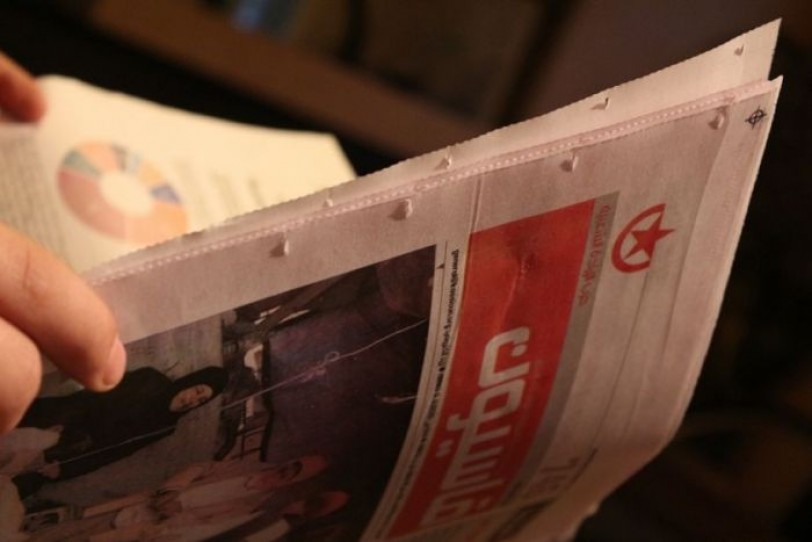- Editorials
- Posted
The «Crown» Jumps Ship..!
The Yes-to-Exit results of the British referendum on whether to stay or leave the European Union introduce a significant economic and political indication, not only on British, European levels, rather on international one, as well.
To start with understanding the issue, one should let aside the illusions of the «free will» of the Brits who «said their word» through the referendum, as these illusions implicitly mean denying the huge impact of the tools of public opinion guidance, including mainstream media and NGOs, owned and controlled by a certain class stratum, the same that have the threads of the Western international financial and banking structure (The IMF, WTO and their affiliates). By out-focusing on this stratum, it would be impossible to know the actual beneficiaries of the British step, and consequently knowing what they wanted with and their next move.
The second major element in understanding is to place the referendum results within the general international framework, with its content that has to do with the world capitalist crisis and its developments, and with its form related to the new international balance of forces and its changes.
According to the above mentioned approach, a number of basic issues can be established in explaining the British tendency towards exiting the EU:
1- The start of EU restructuring, in parallel with general labor and service protests in a number of European countries, means in its most general outlines that the capitalist crisis has moved from its financial and economic phases to its sociopolitical phase, which in turn constitutes the highest one, to be followed by the blow of the structure and creation of the alternatives.
2- The era from 1957- due, that witnessed the formation of the European Economic Community (EEC) or Common Market, then developed into the a European Union, is characterized by the rise of Capitalism in comparison with the decline of its antithesis, where the basic US-British imperialist center did its best to isolate the Soviet Union, at the time, in order to prevent any possibility for the rise of the Eurasian projects, regardless of its names and borders, then.
Today, with the case with Russia aiming at establishing a multipolar world within the same structure temporally, the imperialist blocking project lives its final periods. Despite all military attempts, extending NATO activities towards the Russian borders, along with imposing and renewing economic sanctions on Russia, the Eurasian project has become more crystallized and tangible. The U.S. attempts, on the contrary, look like unrealistic in seizing which is possible of European countries to hinder their objective turn towards the Eurasian project.
3- Although the possible dismantlement of the EU reveals the world capitalist crisis, as represented by its Western imperialist center, this also expresses the depth of the crisis. While previous and even current major crises have been witnessing crisis-external-export processes to third world countries, what is new today is the fact that the imperialist decline and retreat make Washington compelled to abandon its second defense line: Europe, entirely or partially.
4- On the same day the results of the British referendum were declared, India and Pakistan were declared as joining Shanghai Cooperation Organization, i.e., the hard times suffered by the old international relations structure, witness the creation and consolidation of the alternative one.
The overall abovementioned points reemphasize in depth the fact that he world is living a new era of political and economic recreation, basically characterized by its high velocity. This indicates, implicitly, that Syria’s soon conversion to the political solution, against the background of these changes, and based on the objectivity of all-levels comprehensive and radical changes in the country, would not be an exception of the general scene, rather a natural outcome of.
Kassioun Editorial, Issue No 764, June 26, 2016


